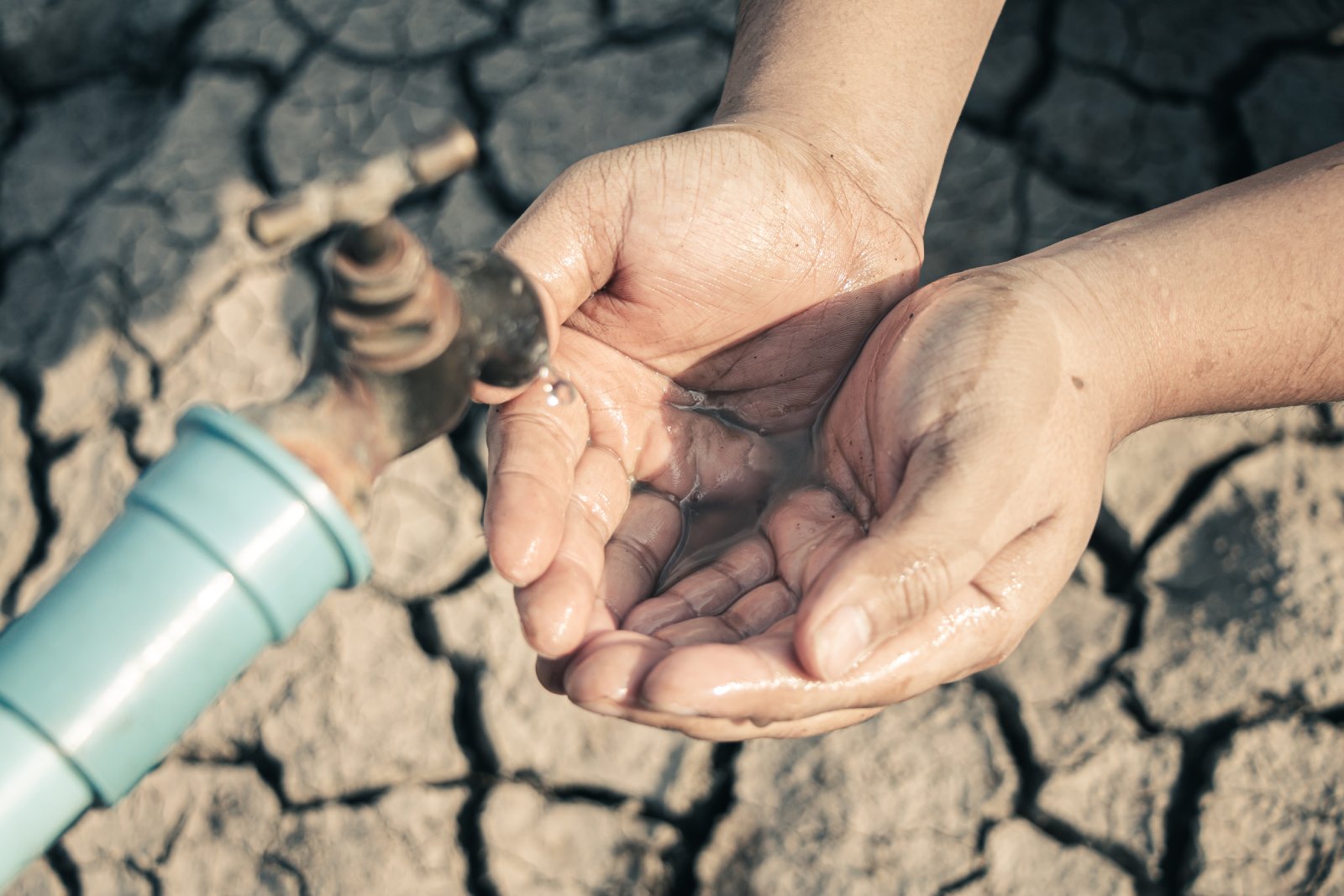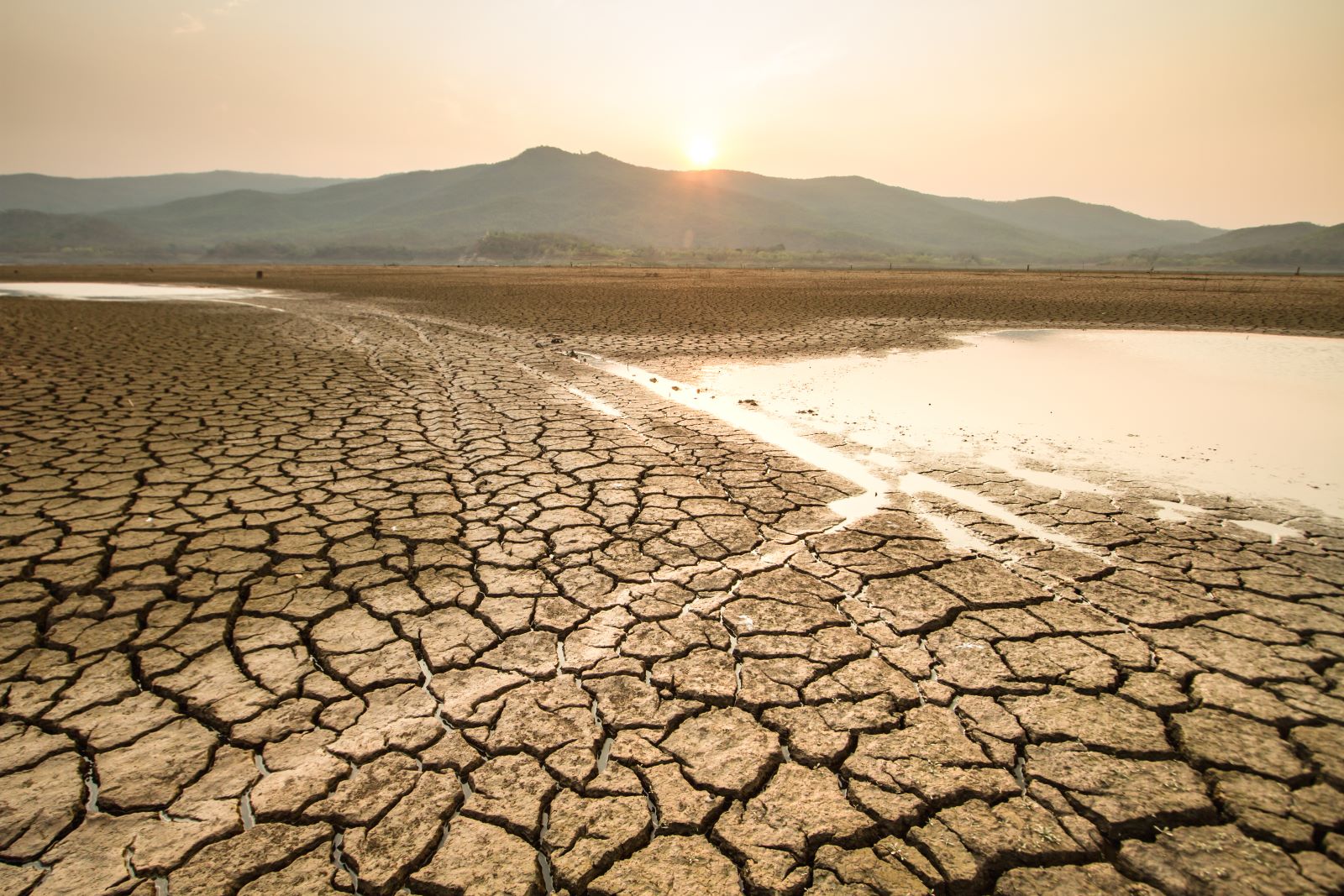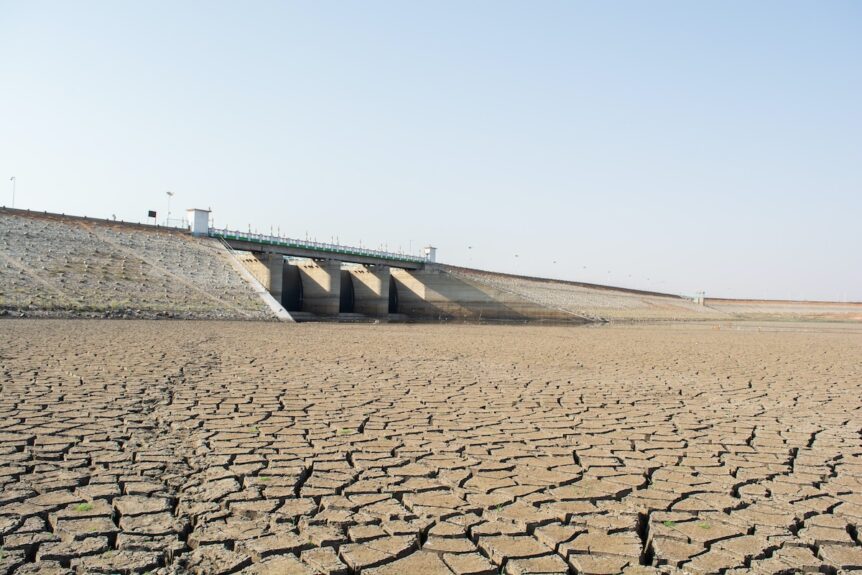For the first time in the state’s history, California will impose water restrictions to help the state prepare for future droughts and weather changes.
Historic Water Mandates

Image Credit: Shutterstock / chaylek
California water providers are staring down the barrel of permanent water restrictions for the first time in state history, thanks to a contentious policy recently approved by the state’s Water Resources Control Board.
‘Making Conservation a California Way of Life’

Image Credit: Shutterstock / Ground Picture
The policy, titled Making Conservation a California Way of Life, aims to permanently decrease water usage across the Golden State to mitigate the effects of future droughts.
405 Suppliers Affected

Image Credit: Shutterstock / APChanel
Over the next 15 years, 405 water suppliers will have to meet new mandates for water usage. These services supply water to 95% of all state residents.
Up to the Suppliers

Image Credit: Shutterstock / shisu_ka
Residents and businesses will not be required to monitor and reduce their own usage. Instead, it will be up to water suppliers to draft new fee structures, tax rebates, and other strategies to incentivize people to reduce water usage.
Tracking Water Usage

Image Credit: Shutterstock / kittirat roekburi
Providers will be required to enforce these water-saving strategies, and the state government will track indoor and outdoor water usage.
$10,000 Fines

Image Credit: Shutterstock / RomanR
The average retail water supplier will now have to reduce their water usage by almost 30%. Failure to meet the required reductions will result in a $10,000 fine for each day the targets are missed.
Case-by-Case Basis

Image Credit: Shutterstock / Andrey_Popov
The new state water rules, which were passed at the beginning of the month, will be enforced on a case-by-case basis, which means that some suppliers will face harsher water restrictions than others.
Cooler Climates Are Safe

Image Credit: Shutterstock / New Africa
Communities in cooler climates, particularly near the coast, will not have to reduce their water usage as drastically. This includes the Bay Area, which has historically had much lower water usage levels compared to other areas in the state.
San Francisco Largely Unaffected

Image Credit: Shutterstock / Bertl123
San Francisco is unlikely to experience any major ramifications from the mandates. Due to dense housing and a pre-existing conservation program, the city will meet its targets with no need for active reduction strategies.
LA Sees 9% Water Reduction

Image Credit: Shutterstock / Vladimir Batishchev
When it comes to California’s most populous metropolitan area, the Los Angeles Department of Water and Power will only have to reduce its water usage by 9% before 2040.
Inland Communities Hit Harder

Image Credit: Shutterstock / Zivica Kerkez
However, hotter inland communities may be hit hard by these new restrictions. A dozen water systems named in the new law will have to cut water usage drastically by 40% or more, and seven are located in the Central Valley which has already struggled with water shortages.
In Effect by January

Image Credit: Shutterstock / PongWatchara
These new rules are expected to come into effect by January 1st, 2025. The first round of incremental cuts will begin in 2027, reaching the finalized mandates by 2040.
Groups Left Disgruntled

Image Credit: Shutterstock / aerogondo2
However, they have left several groups disgruntled, with some believing the reductions are too strict, and others arguing that they are not strict enough.
“An Unpalatable Place to Be”

Image Credit: Shutterstock / Salivanchuk Semen
“It puts us in the seat of having to be the bad guy for what may be a minuscule amount of savings,” said Brian Davis, who manages the Linda County Water District in Yuba County, Sacramento. “So that’s an unpalatable place to be.”
“Where the Rubber Meets the Road”

Image Credit: Shutterstock / R_Tee
The Linda Country Water District will have to reduce water usage by an estimated 40% over the next 15 years. “We’re the closest to where the rubber meets the road. But older districts like ours just aren’t as capable,” Davis added.
Think Tank Responds

Image Credit: Shutterstock / Salivanchuk Semen
The Public Policy Institute of California, one of the state’s foremost think tanks, has also argued that the Making Conservation a California Way of Life policy offers “very high cost for little benefit.”
Environmentalist Groups Speak Out

Image Credit: Shutterstock / Rawpixel.com
Environmentalist groups have not only supported the initial legislation but argued that it should go further in reducing statewide water usage, including the Natural Resources Defense Council, an environmental advocacy non-profit.
Not Consistent With “Growing Water Scarcity”

Image Credit: Shutterstock / Salivanchuk Semen
“The regulation does not meet the moment of growing water scarcity in California,” said Mark Gold, director of water scarcity solutions and environmental health for the non-profit. “A strong regulation will exist in 2040, but that’s 15 years from now and there’s going to be a heck of a lot of water scarcity over that period.”
Defending the Mandates

Image Credit: Shutterstock / Africa Studio
The board has defended the decision, which was signed into legislation by former state governor Jerry Brown in 2018.
“Our Climate Has Changed”

Image Credit: Shutterstock / Piyaset
“Our climate has changed. Our uses should match the hydrology that we’re now facing,” said Joaquin Esquivel, chair of the state water board, in a public statement on the issue.
Featured Image Credit: Shutterstock / WESTOCK PRODUCTIONS.


